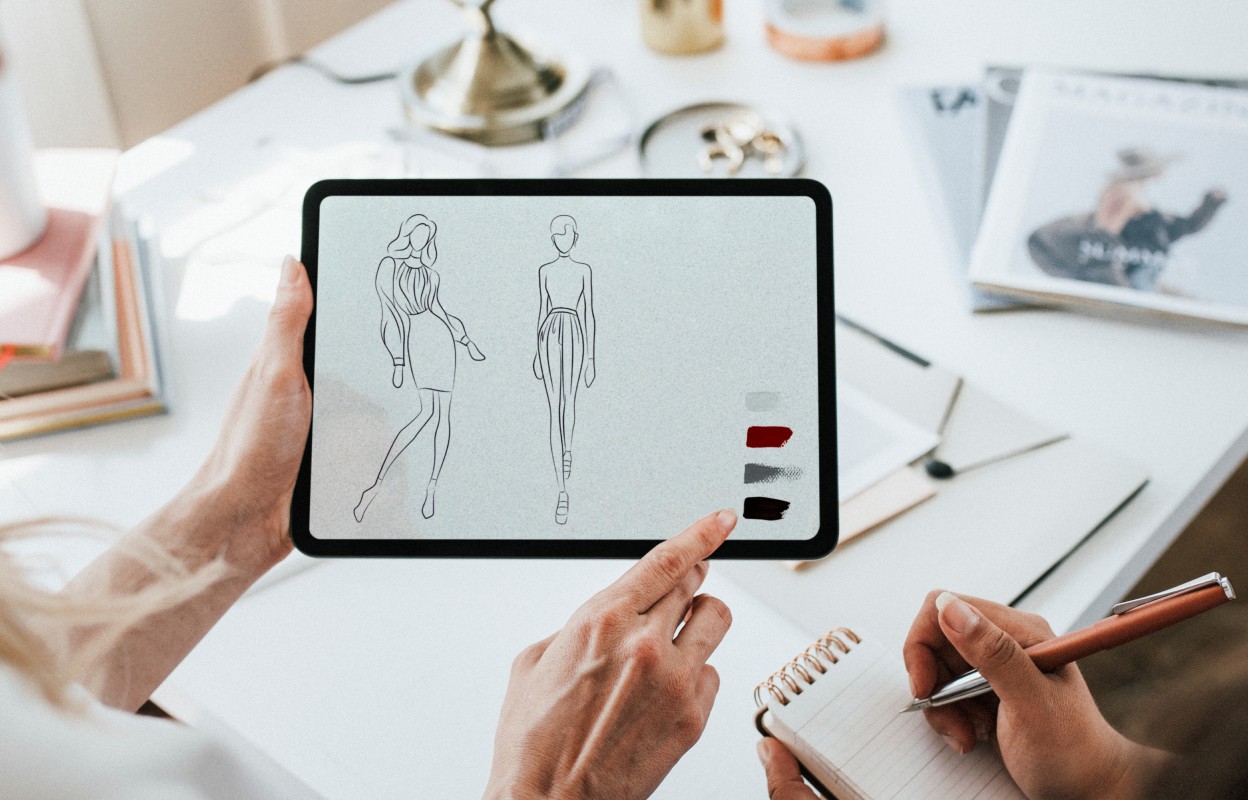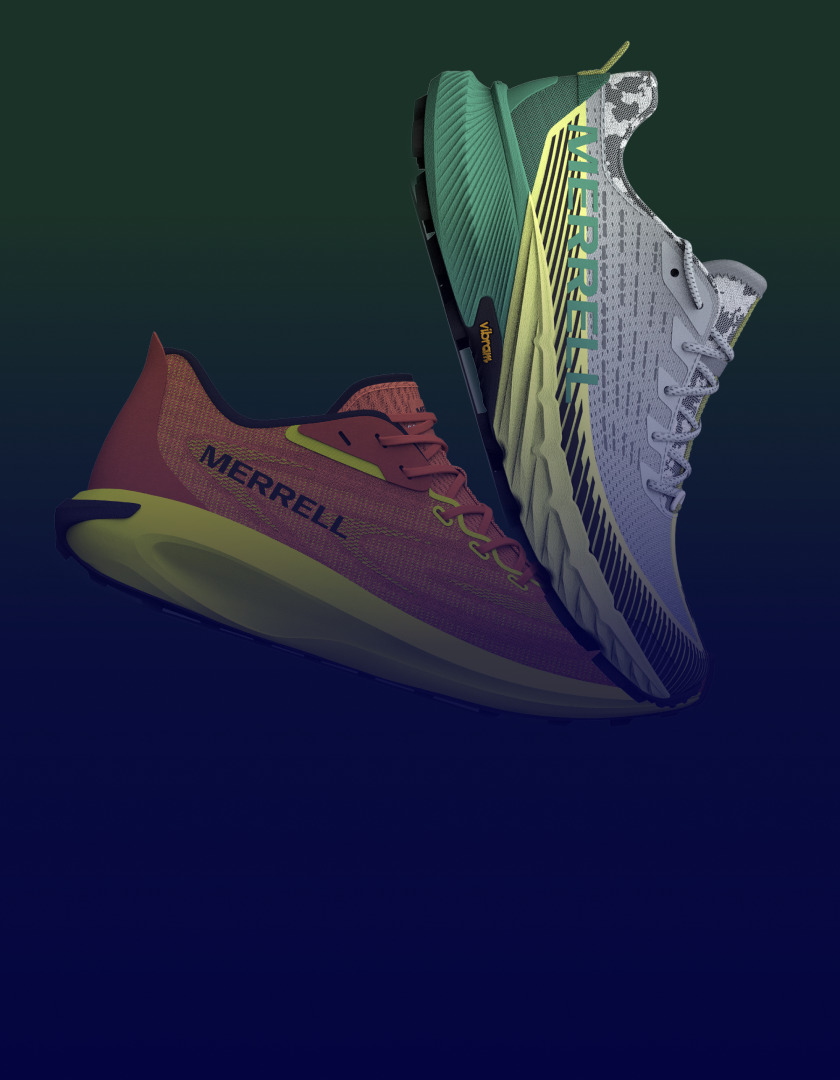Unlocking the Benefits of PLM Software

To stay competitive in today’s fast-moving marketplace, retail brands and manufacturers must streamline their workflows, improve product quality and reduce the time it takes to get products to market. One of the most effective ways to achieve these goals is through Product Lifecycle Management (PLM) software.
PLM software offers an integrated approach to managing a product’s entire lifecycle, from concept to consumer. In the fashion industry, where trends change rapidly and sustainability is becoming increasingly critical, PLM software is no longer a luxury but a necessity.
In this article, we’ll explore the key benefits of PLM software for fashion brands and retailers, highlighting how having the right product management platform can drive success in today’s competitive landscape.
Streamlined Regulatory Compliance
Regulatory compliance is a significant concern in the fashion industry, requiring brands to adhere to various state, regional and international regulations. These regulations often manage material use, chemical restrictions and manufacturing sustainability practices. Failure to comply with industry rules and regulations can result in costly fines, complex legal issues and damage to brand reputation.
PLM software provides a centralized platform where brands can track and manage compliance requirements throughout the product development process. This includes monitoring the use of sustainable materials, ensuring adherence to chemical restrictions and maintaining up-to-date documentation on certifications and regulations. By integrating compliance into the product lifecycle, PLM software helps brands avoid costly mistakes and ensure their products meet all necessary standards.
For example, a cosmetics brands using PLM software can easily track restricted chemicals across its product lines, ensuring that all materials used comply with international regulations. This mitigates the risk of non-compliance and strengthens the brand’s commitment to sustainability and ethical practices.
Better Sustainable Sourcing and Waste Management
Retail sustainability is a critical component of business strategy for today’s eco-conscious brands. Consumers are increasingly demanding transparency and ethical practices from the brands they support, making sustainable sourcing and waste management essential to brand reputation and customer loyalty.
PLM software is pivotal in helping fashion brands source materials sustainably and manage waste effectively. With features like ESG (Environmental, Social and Governance) capabilities, PLM software enables brands to track and manage their sustainability goals, from sourcing raw materials to reducing waste in production. Brands can use PLM to evaluate suppliers based on their sustainability practices, ensuring they align with the brand’s values and goals.
Moreover, PLM software helps reduce material waste by providing better visibility and control over the entire production process. By managing materials more efficiently and minimizing overproduction, brands can significantly reduce waste, contributing to a more sustainable and environmentally friendly fashion industry.
Improved Product Quality and Defect Reduction
Product quality is a crucial differentiator in the fashion industry. Consumers expect high-quality products that are durable, comfortable and aesthetically pleasing. However, maintaining consistent product quality across multiple product lines can be challenging—especially when dealing with complex supply chains and various stakeholders.
PLM software enhances product quality by providing a single source of truth for all product-related data. This ensures that all teams, from designers to manufacturers, work with the same information, reducing the risk of errors and inconsistencies. Additionally, PLM software allows for better management of materials and production processes, leading to fewer defects and higher overall product quality.
For instance, a fashion brand can use PLM software to track and manage the quality of materials used in production, ensuring that only the best materials are selected. By reducing defects and improving product quality, brands can enhance customer satisfaction and loyalty, leading to increased sales and profitability.
Accelerated Time to Market
In the fashion industry, like other retail industries, timing is everything. Brands that can get their products to market faster have a significant competitive advantage, as they can capitalize on emerging trends and consumer demands. However, accelerating time to market requires efficient collaboration, streamlined processes and the ability to adapt to changes quickly.
PLM software facilitates cross-team collaboration and communication, reducing bottlenecks and improving workflows. By providing a centralized platform for all product-related activities, PLM software ensures that all teams are aligned and working towards the same goals. This speeds up the product development process and allows brands to respond to market changes and consumer feedback quickly.
For example, a fashion brand using PLM software can streamline its design and production processes, enabling it to launch new collections faster than competitors. This real-time agility is crucial in today’s fast-paced fashion culture, where trends can change overnight and consumer preferences are continually changing.
Efficient Product Innovation
Innovation is at the heart of the fashion industry, driving the creation of new designs, materials and production methods. And sustainable innovation is becoming increasingly important as brands seek to reduce their environmental impact and meet consumer expectations.
PLM fosters sustainable innovation by facilitating real-time collaboration between internal teams and external vendors, suppliers and other partners. All-in-one PLM platforms allow brands to co-create with suppliers, ensuring that sustainable practices are integrated into every stage of the product development process.
PLM platforms can also provide visibility and traceability into the entire supply chain, enabling brands to identify opportunities for sustainable innovation, such as using eco-friendly materials or reducing waste in production. By leveraging PLM software, fashion brands can drive sustainable innovation, creating products that are not only stylish but also environmentally responsible.
Reduced Excess Inventory
Excess inventory is a common challenge in the fashion industry, leading to increased costs and waste. Managing inventory effectively is crucial for maintaining profitability and sustainability and PLM software can play a key role in this process.
PLM software helps fashion brands navigate supply chain complexities by providing tools like visual boards and scenario planning. These features allow brands to make informed decisions about sourcing, production and inventory management, reducing the risk of overproduction and excess inventory.
For example, a fashion brand can use PLM software to visualize its entire inventory in real-time, identifying areas for adjustments and improvement. By reducing excess inventory, brands can lower costs, minimize waste and improve their overall sustainability efforts.
Improved Margins and Cost Reductions
Margin for error and excess in the fashion industry is often thin, especially when dealing with rising material costs and increasing competition. To remain profitable, brands and retailers usually look for ways to reduce costs and optimize their operations.
PLM software offers several financial benefits by streamlining processes, reducing waste and optimizing sourcing decisions. PLM software provides a comprehensive view of the product lifecycle and allows brands to identify inefficiencies and make data-driven decisions that improve margins.
Brands using a PLM system can reduce operating costs by eliminating time-consuming manual processes and improving the accuracy of their sourcing decisions. This boosts profitability and enables the brand to invest in other areas of the business, such as sustainable innovation or marketing.
Collaborative Productivity Across Teams
Efficient collaboration is essential for success in the fashion industry, where multiple teams often need to work together on complex projects. However, traditional methods of collaboration, such as spreadsheets and emails, can be inefficient and prone to errors.
PLM software enhances productivity by connecting teams with integrated product data in real time. This ensures that everyone works with the most up-to-date information, reducing the risk of miscommunication and delays. PLM software also automates many manual processes, freeing teams to focus on more strategic tasks.
For example, a fashion brand using PLM software can eliminate the need for multiple spreadsheet versions, ensuring that all teams work from the same data. This improves efficiency and enhances collaboration, leading to better decision-making and faster project completion.
Anticipation of Regulatory Changes
The fashion industry is subject to various regulations and standards, from chemical restrictions to labor practices. Staying ahead of these regulatory changes is crucial for maintaining compliance and avoiding costly penalties.
An important benefit of PLM systems is tracking emerging laws, regulations and compliance guidelines in real time. This includes monitoring regulations related to carbon emissions, waste management and sustainable material usage. By keeping brands informed of these changes, PLM software ensures they can quickly adapt their practices to remain compliant.
For instance, a fashion brand using PLM software can monitor new regulations related to chemical restrictions, ensuring that all materials used in production are compliant. This not only reduces the risk of non-compliance but also strengthens the brand’s commitment to sustainability and ethical practices.
Certifications and Compliance Management
Certifications and compliance programs are essential for building trust with consumers and stakeholders. However, managing these programs can be complex, especially for brands with global supply chains.
PLM software simplifies the management of certifications and compliance programs by providing a centralized platform for tracking and reporting. This includes managing supplier certifications, ensuring compliance with labor practices and tracking the recyclability of materials.
For example, a fashion brand can use PLM software to track its suppliers’ certifications, ensuring that they meet the brand’s sustainability and ethical standards. By managing certifications and compliance programs effectively, brands can enhance their reputation, build trust with consumers and reduce the risk of legal issues.
Transform Your Product Lifecycle with Centric PLM
In today’s competitive and fast-paced fashion industry, Product Lifecycle Management (PLM) software is a powerful tool that can drive success.
From enhancing regulatory compliance to boosting sustainable innovation, PLM software offers many benefits that can help fashion brands and retailers thrive. By adopting PLM software, fashion brands can improve efficiency, reduce costs and enhance their sustainability efforts.
If you’re a fashion brand looking to stay ahead of the competition, now is the time to explore Centric Software’s PLM solutions. With Centric PLM, you can unlock the full potential of your product development process, ensuring that your brand remains agile, innovative and sustainable.









